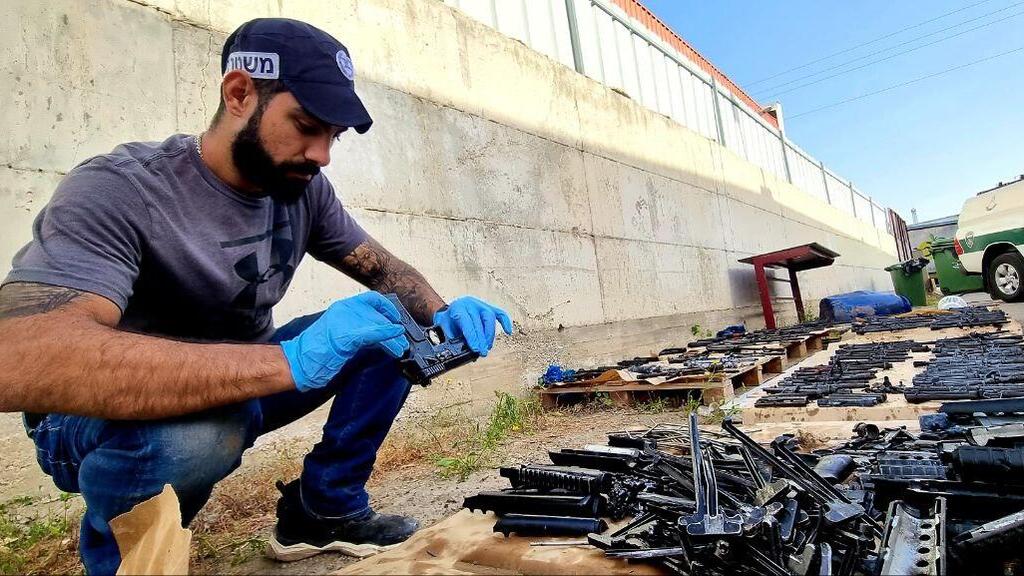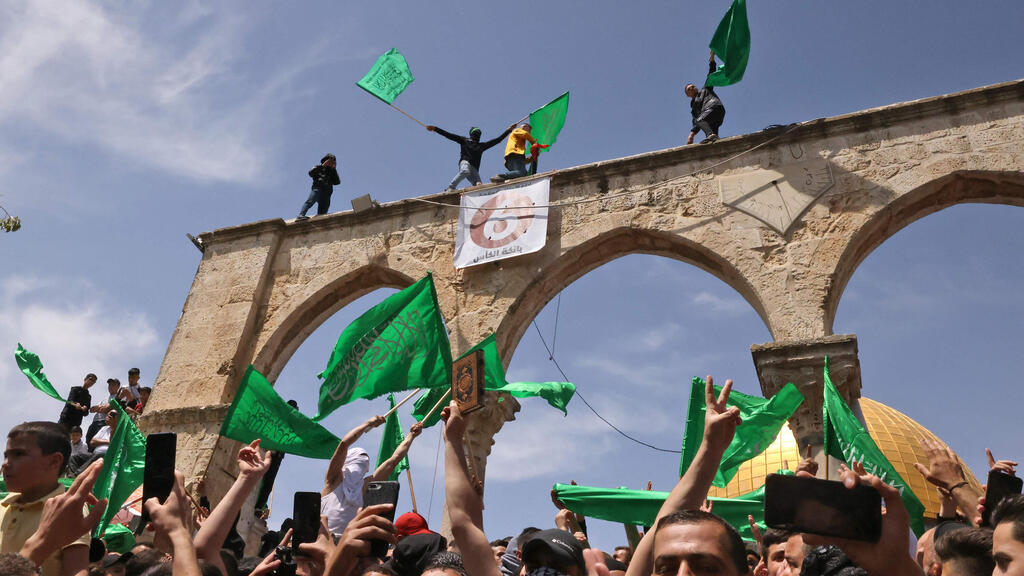Getting your Trinity Audio player ready...
Throughout the years, Israel has always allocated most of its security resources toward fighting external threats, such as Hezbollah, Hamas, Syria and of course, Iran.
Meanwhile, inside our own home, criminal and domestic terrorists have been trying to pull the carpet from under our feet, steal the furniture, and eventually shut off the power, so to speak.
Large parts of the Negev are no longer under the Israeli control. Traveling in Israel's southernmost areas is a dangerous endeavor, which necessitates carrying a weapon for safety.
The agriculture industry in the south is also being destroyed by criminal elements who regularly steal crops and shake down farmers for protection money.
Our cars are being stolen, stones are being hurled at our houses, and all we can do is turn the other cheek - lest we stand trial. Contractors find themselves paying a criminals monthly fees not to have their businesses ransacked, while homes are being endlessly built without a proper licenses - at least in some parts of the country.
5 View gallery
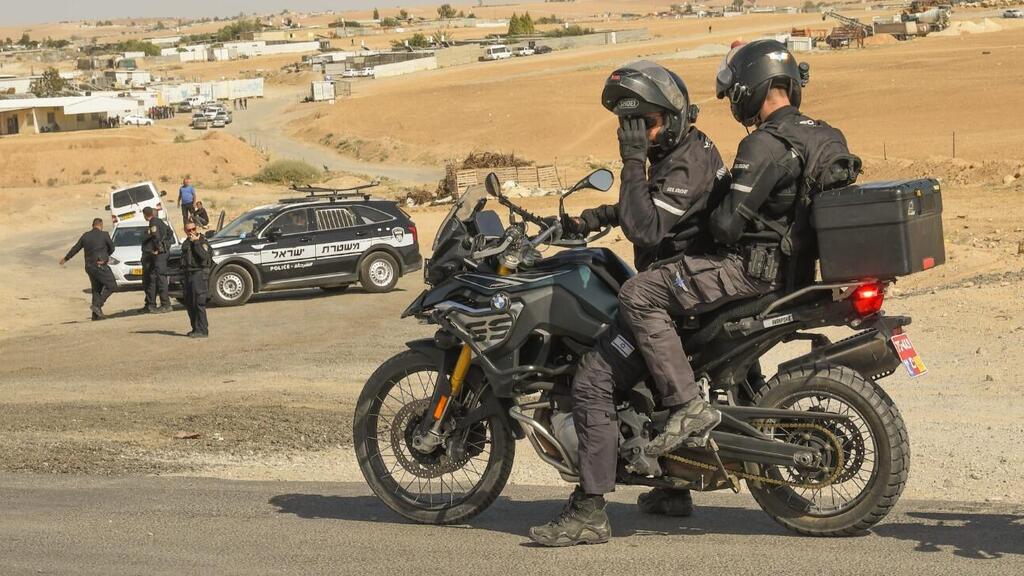

Police in southern Israel attend a scene of a criminal scuffle
(Photo: Haim Horenshtein )
Our prisons, meanwhile, have become boarding schools for terrorists, while our own officers are too afraid of confrontation due to potential legal problems that might emerge.
Israeli flags are being burned at the top of the mast during anti-Israel demonstrations within the country's borders, while our enemies’ flags are happily being hoisted.
During last year’s war with Gaza’s terror factions, people suddenly saw their neighbors, with whom they had lived in coexistence for years until that point, turn on them and burn down their cars.
Police did not divulge how many cars were burned down during the riots in mixed cities. All we knew is that we were afraid to leave the house, and that Jews were being beaten to the brink of death on their front doors.
Our government - and it doesn't matter who's leading it at a given time - always fails to look at long-term solutions. Naturally, an elected public official, first and foremost, fears for his or hers own status and future, thus not caring enough to implement legislations that would be beneficial to the public for years to come.
The IDF, the Shin Bet and the Mossad, however, all plan for the long run. Yet, our perception of security hasn’t changed in decades.
Even when I was the public security minister in 1996-1999, we were also too preoccupied with putting out short-term fires to prepare for the future.
5 View gallery
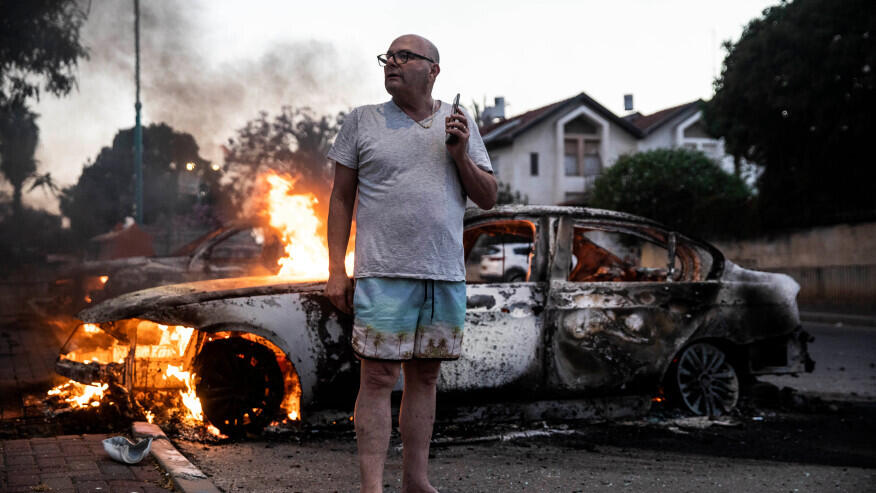

A local resident stands by his burning car during clashes between Israeli Arabs and police in Lod, May 11,2021
(Photo: AP)
The task of changing the concept of what security is falls on the government, which must build a new blueprint to address threats not only outside our borders, but within them as well.
Had I been asked, I could have told our government what failures a future commission of inquiry would be set up to examine, and who would be blamed.
The writing was on the wall in huge black letters, but no one was willing to read it.
The government will do well to hire smart and experienced people from the fields of jurisprudence, security and more, and sit them down in a committee in order to devise a work plan for the government.
5 View gallery
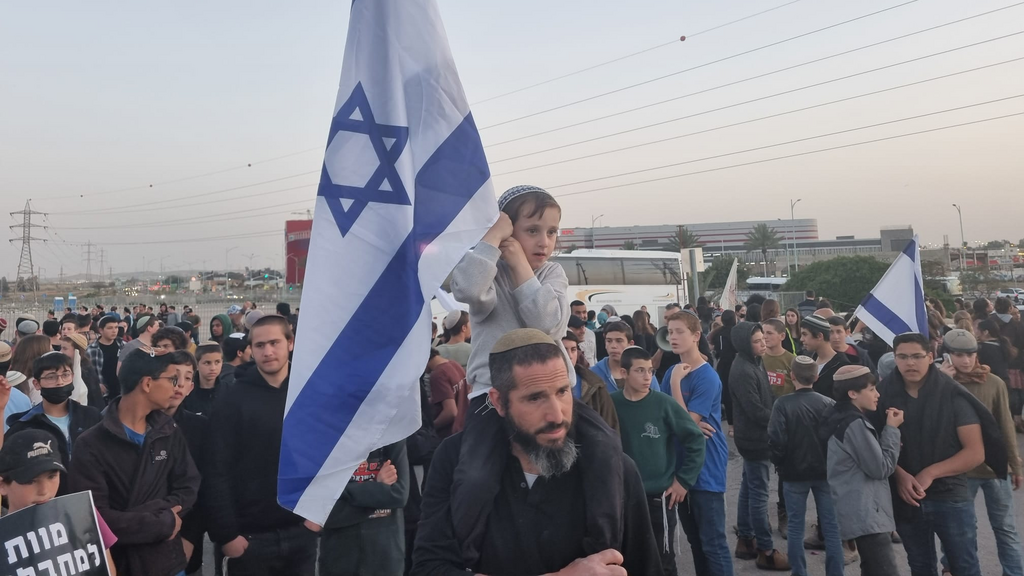

Negev residents rally against increasing violence and criminality in the area
(Photo: Haim Horenshtein )
Among the main issues that must be addressed are: bolstering the police forces and drawing clear boundaries between it and the military; the role of the Border Police; the establishment of a civil guard; and the state’s policy of weapons being used for self-defense.
We must understand that we’re living in a new reality and adapt to the circumstances of today. The people of Israel are trying with all their might to maintain a democratic regime and not take the law into their own hands, but this does not mean we need to gamble with our future.
Our children and the generations to come will never forgive us if what they inherit from us is a weak country with even weaker borders, or whose existence depends on the kindness of our allies overseas.


